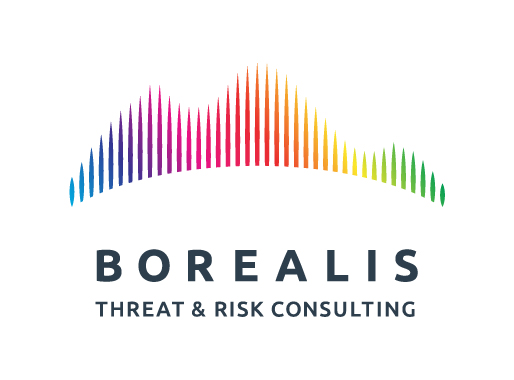Episode 186 – Why governments cannot politicise intelligence
Intelligence agencies exist to serve governments: that much is a given. Spies gather raw data (be it signals intelligence, the human variety or pictures), assess it for accuracy and present it to officials at various levels in response to requirements levied by those governments. Outside the stated needs, however, how much influence should senior mandarins, especially not elected ones, exert on intelligence? Borealis looks at the 1970 FLQ crisis in Canada with Brunel University’s Philip Davies.
About my guest
Philip Davies is a professor of intelligence studies and Director of the Brunel Centre for Intelligence and Security Studies in the UK. His research is concerned with the nuts and bolts of how intelligence institutions work and their relationships with other, more overt aspects of the machinery of government as well as with international allies and partners.
Canadian Intelligence Eh
In a world of multiple voices and opinions it can be very hard to know where to turn. One choice is to look to those who actually worked in counter-terrorism in the national security world. In these half-hour podcasts, 30-year Canadian intelligence veteran Phil Gurski is joined by a fascinating array of individuals with something meaningful to say about these issues as they provide insight into what they mean and what we need to do about them.
About Phil Gurski
Phil Gurski is the President and CEO of Borealis Threat and Risk Consulting Ltd. He worked as a senior strategic analyst at CSIS (Canadian Security Intelligence Service) from 2001-2015, specialising in violent Islamist-inspired homegrown terrorism and radicalisation, and as a multilingual analyst at CSE (Communications Security Establishment) from 1983-2001. He is the author of six books on terrorism, including the second edition of The Peaceable Kingdom: A history of terrorism in Canada from Confederation to the present, published by Double Dagger in February 2023.

